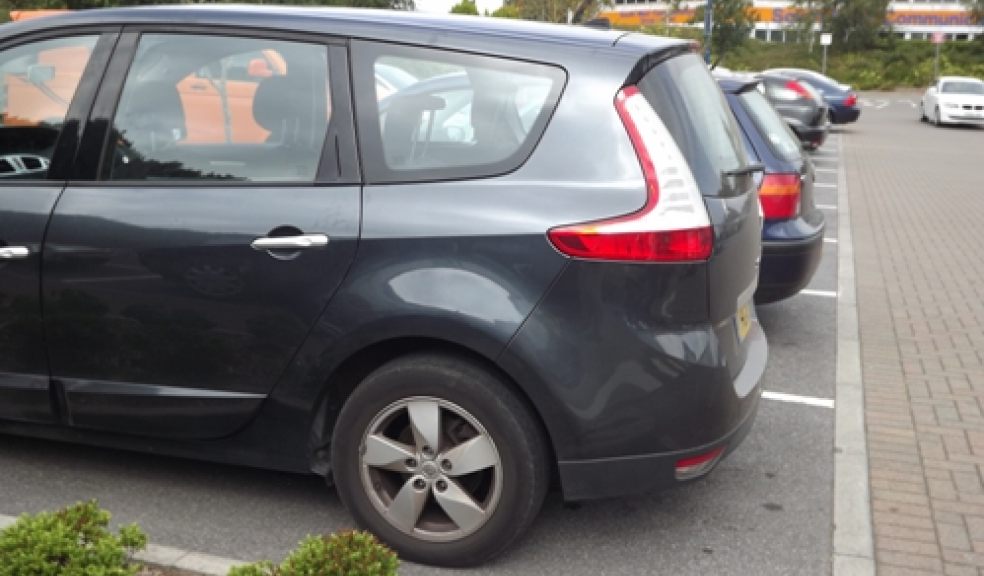
September Green Action Comment
As we head towards Car-Free Day this year (Sunday 22 September) perhaps it’s timely to ask a very challenging question. Should Christians, and other people of faith, drive cars? Or to be less controversial, what might our attitudes be to driving that express something of the spiritual and ethical values that are central to religious tradition?
We ask similar moral questions about our sexuality, war, economics and medical ethics. Why not about transport? There are rights and wrongs in our travelling which relate to how we love others as ourselves. If a particular focus of faith is selflessness, how come we are so selfish when we get behind the wheel?!
On the face of it most people will point to the usual benefits that ‘a car-owning democracy’ has brought to the world. Freedom of movement, social mobility, economic growth, increased awareness brought about by travel, leisure, learning and employment opportunities. They will speak of visiting family and friends, shopping choices and improved recreational activities. They may even mention that driving a modern car is such an enhancing experience with variety of internal music and listening, navigability, air and heating. And then of course there is relative cheapness, convenience and comfort.
I don’t want to deny these, but there is also a darker side to our auto-centred society. Around 1,600 people die on the world’s roads every day. Around 250,000 are killed and injured annually in the UK alone. In the last few days it has been reported that more than 1,000 children a month are being injured on local roads around British schools. Then there is drive-related ill health such as respiratory disease brought about by poor air quality, driving stress and even road rage.
There is the damage done to both the environment (loss of land to roads and car parks, oil run off into water courses, vibrations to properties, animals and habitats destroyed, litter thrown from vehicles, etc.) and to the ecology of the planet (especially carbon emissions from transport affecting climate change).
One might also mention the disruption of busy roads on community life; noise and light pollution; the costs of excessive congestion; inequalities between the wealthier car-owning classes and those who have lower incomes, less choice and who lead more vulnerable lives.
I share this list is not so much to induce guilt or to point fingers, but to encourage deeper questions to be asked about cars and a car-addicted culture. Our dependency on our cars is very extensive and rarely scrutinised. We just drive on taking things for granted without looking at longer term consequences. At times I wonder if our attitudes towards driving border on the idolatrous (when our possessions possess us)? Does it not make us behave less respectfully and more impatiently aggressive?
People of faith and none might all improve not only how we drive but also how our road transport especially impinges on our whole society. Surely we should be saying not ‘look what have cars have done for us’ but ‘what are our cars doing to us?’. This has much less to do about what we pay for driving and parking, but much more about what we are leaving others to pay in the future.
What does this mean practically? It means making moral choices to promote justice and the common good. Taking the bus or train, cycling or walking, lift-sharing, or not travelling at all. Maybe even buying an electric bike instead of a second car! And driving, not so much as a first option, but rather as a last resort.
This article first appeared in Devon Churches Green Action News, September 2013














